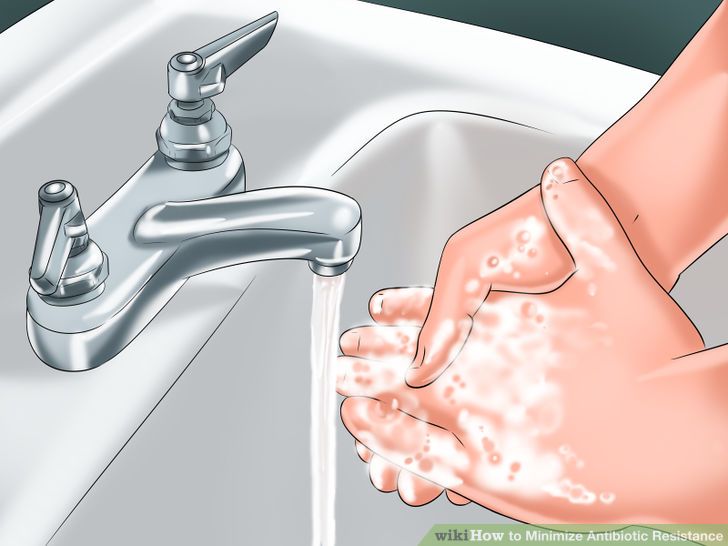Try to avoid infections in the first place. If you do get one, use antibiotics correctly. The following steps can help
Wash your hands often
- Use plain soap and water.
- Wash or at least 20 seconds.
- Avoid antibacterial hand cleaners and alcohol based handwashes as they increase MRSI (see previous blog) .
- Wash before preparing or eating food.
- Wash after using the bathroom, changing a diaper, sneezing, coughing, handling garbage and coming home from public places.
- Wash before and after treating a cut or wound or being near a sick person.
At home
- Don’t share personal items like towels, razors, tweezers and nail clippers.
- Keep kitchen and bathrooms clean. You can clean surfaces with soap and water. Try to avoid products with added antibacterials.
- Don’t put purses, nappy bags, or gym bags on the kitchen table or counter.
- Wash wounds with regular soap and water. Use natural product such as teatree or bepantiseptic
At the gym
- Wipe exercise equipment withsoap and water or wipes.
- Put a clean towel over workout mats.
- Keep cuts and scrapes clean, dry and covered.
- Shower right after exercising, and use clean towels.
Work with your doctor
- Don’t push for antibiotics with your doctor. If you don’t have a bacterial infection, ask how to relieve symptoms.
- Fight it off. If symptoms are mild and complications unlikely, ask if you can delay treatment for a few days.
- Get recommended vaccines and flu shots. Ask about vaccines for pneumonia and meningitis.
- Take antibiotics as prescribed. Don’t skip doses or stop the medicine early.
- Don’t use leftover antibiotics to treat an infection. Taking the wrong medicine allows bacteria to multiply.
In the hospital
- Don’t get shaved with a razor before surgery. The nicks can attract bacteria.
- Make sure healthcare providers and visitors wash their hands with soap and water or an alcohol-based hand sanitizer.
- Visitors shouldn’t touch surgical wounds or dressings.
Ask every day if catheters or other tubes can be removed. They can lead to urinary tract or bloodstream infections.
